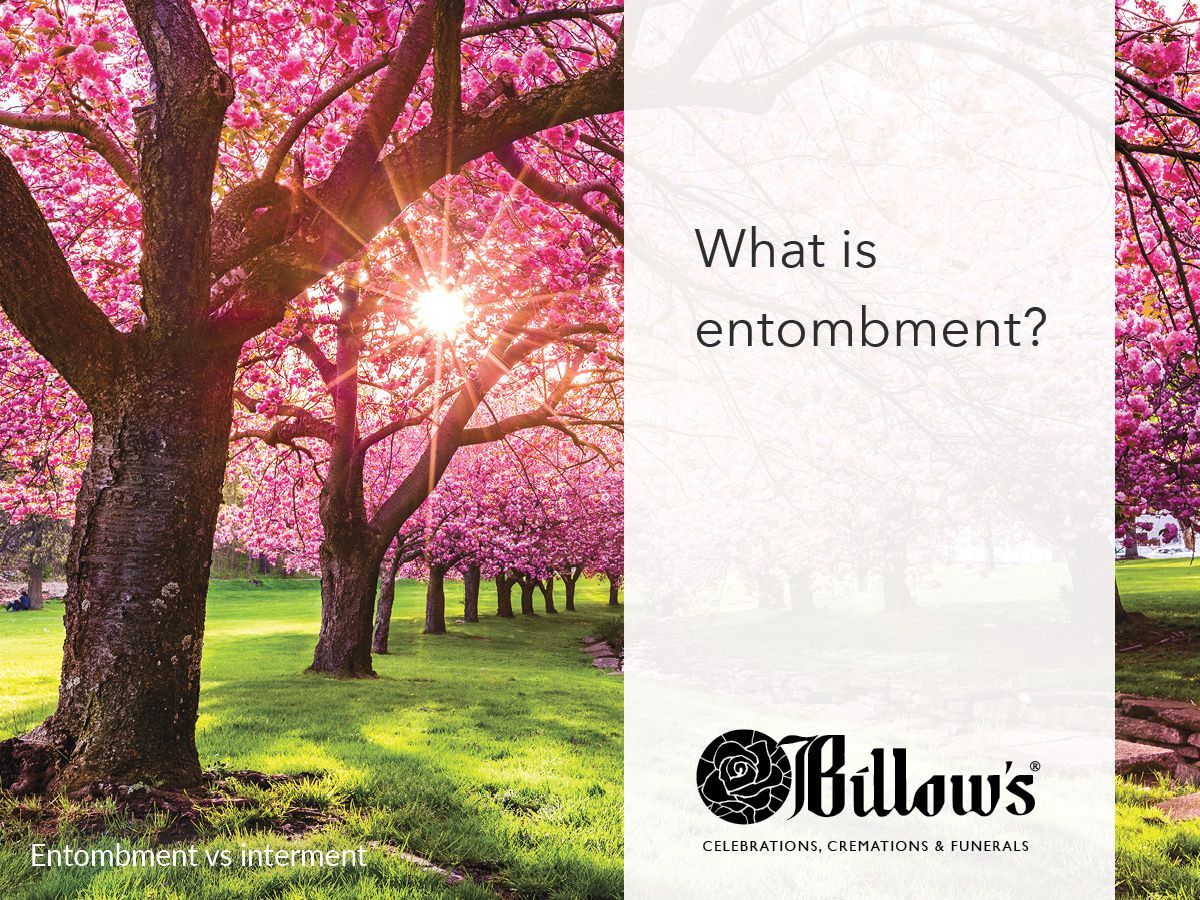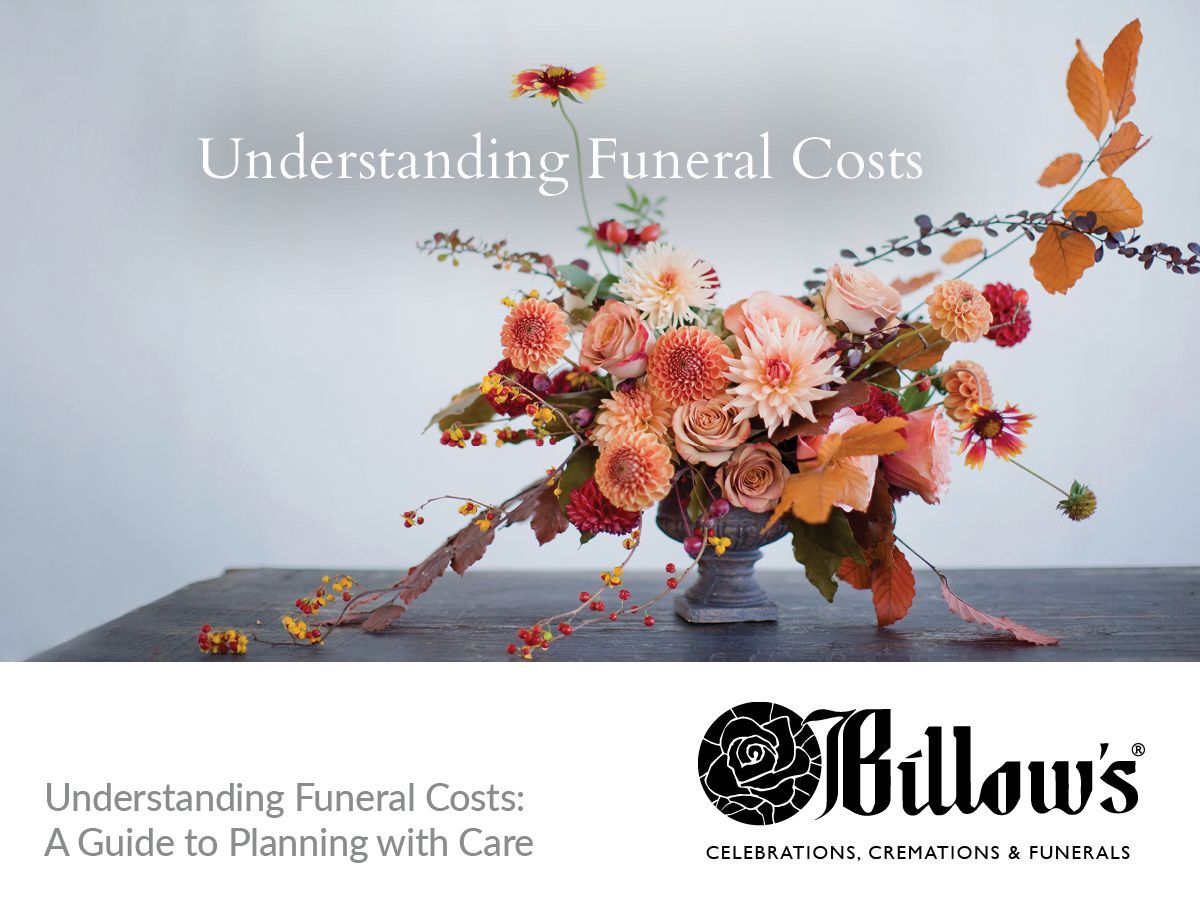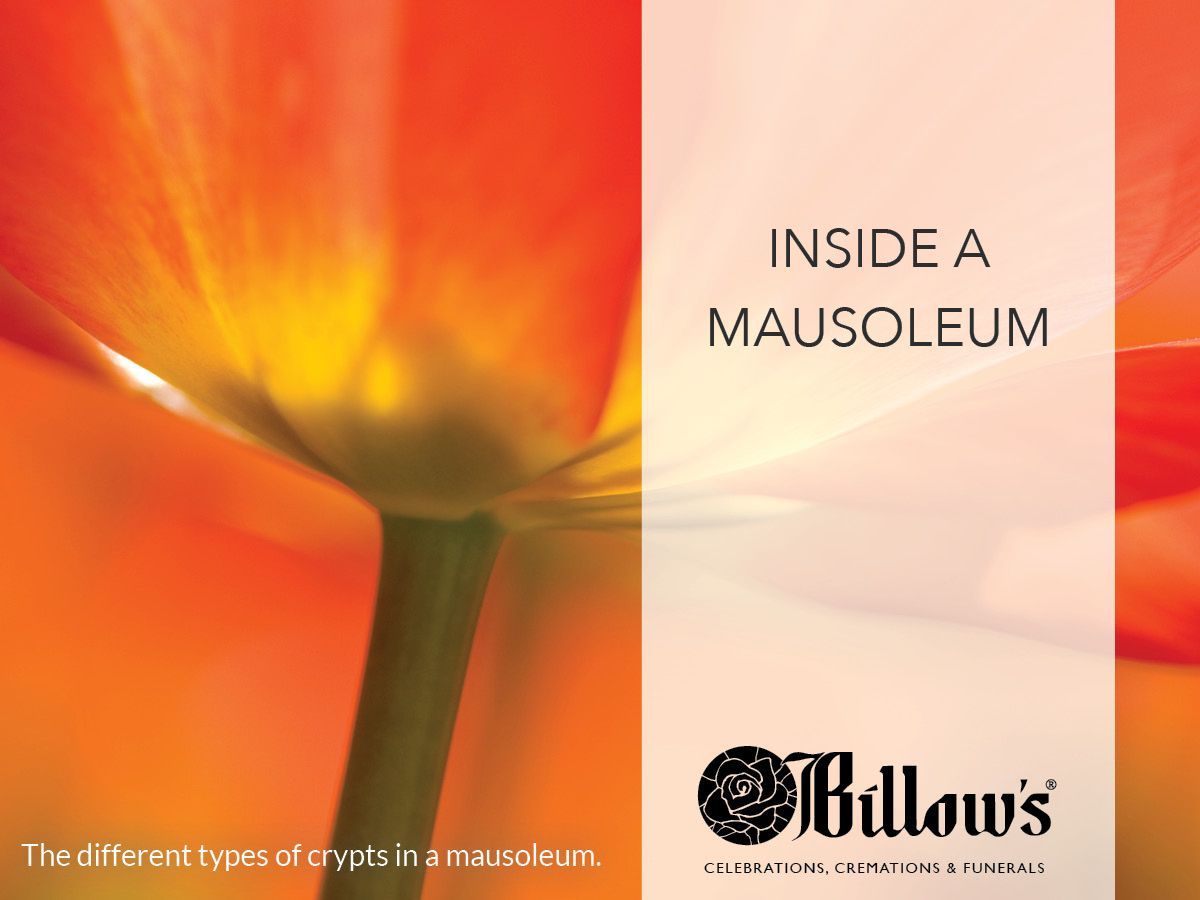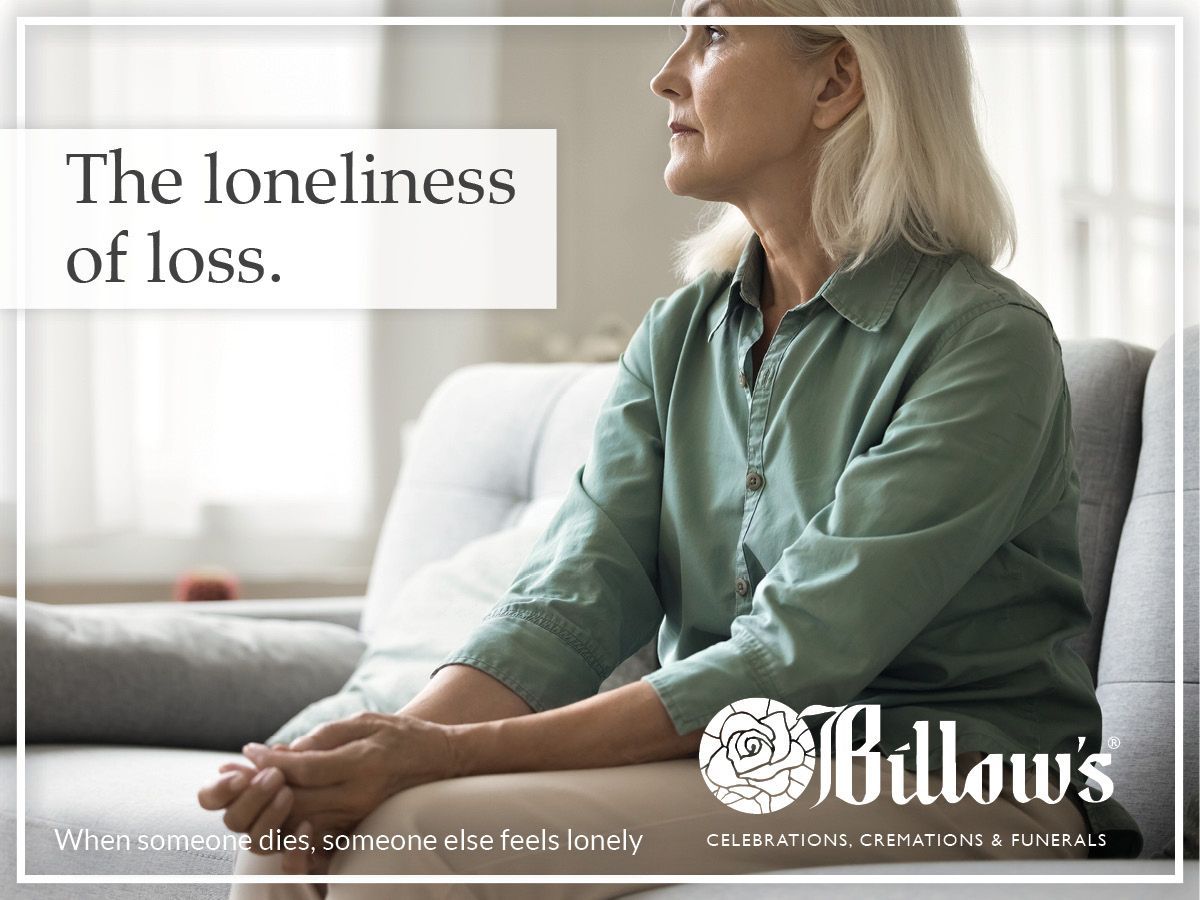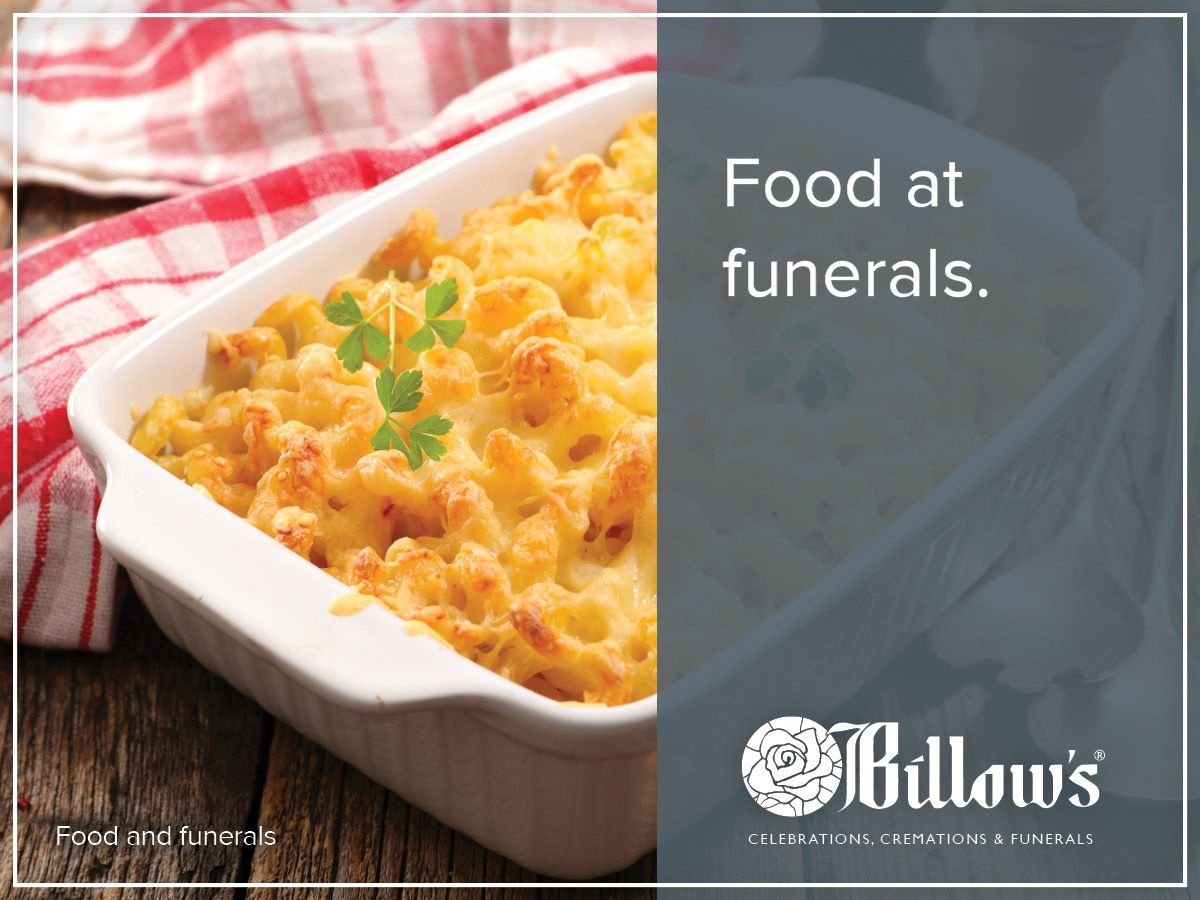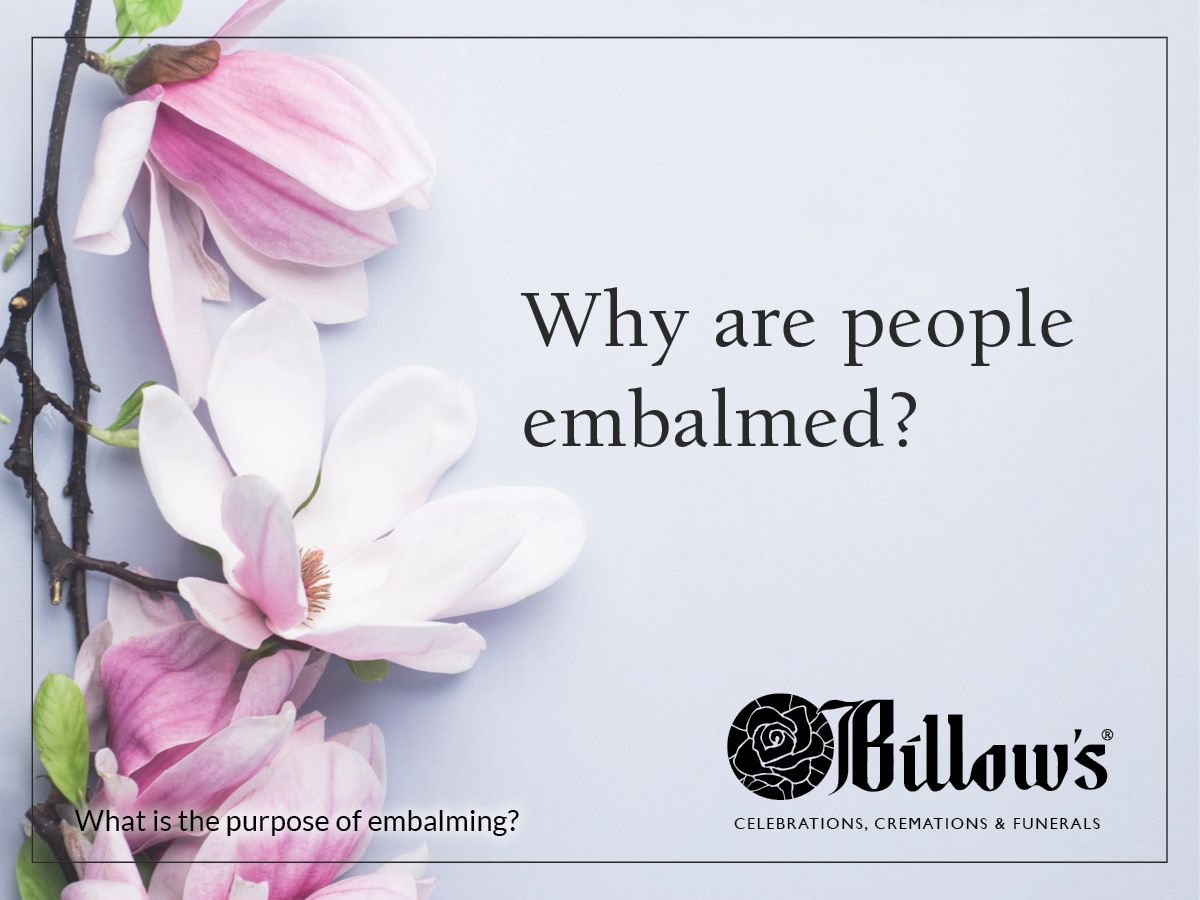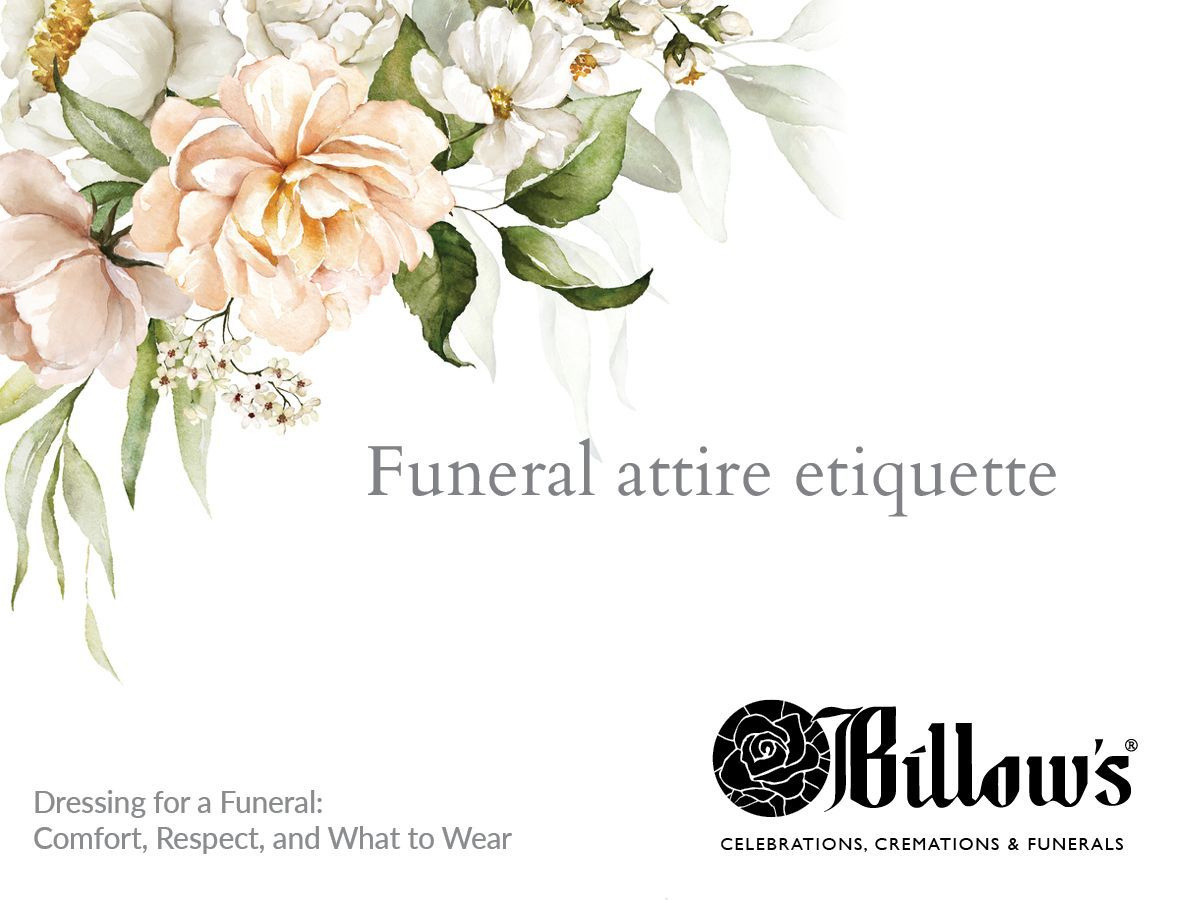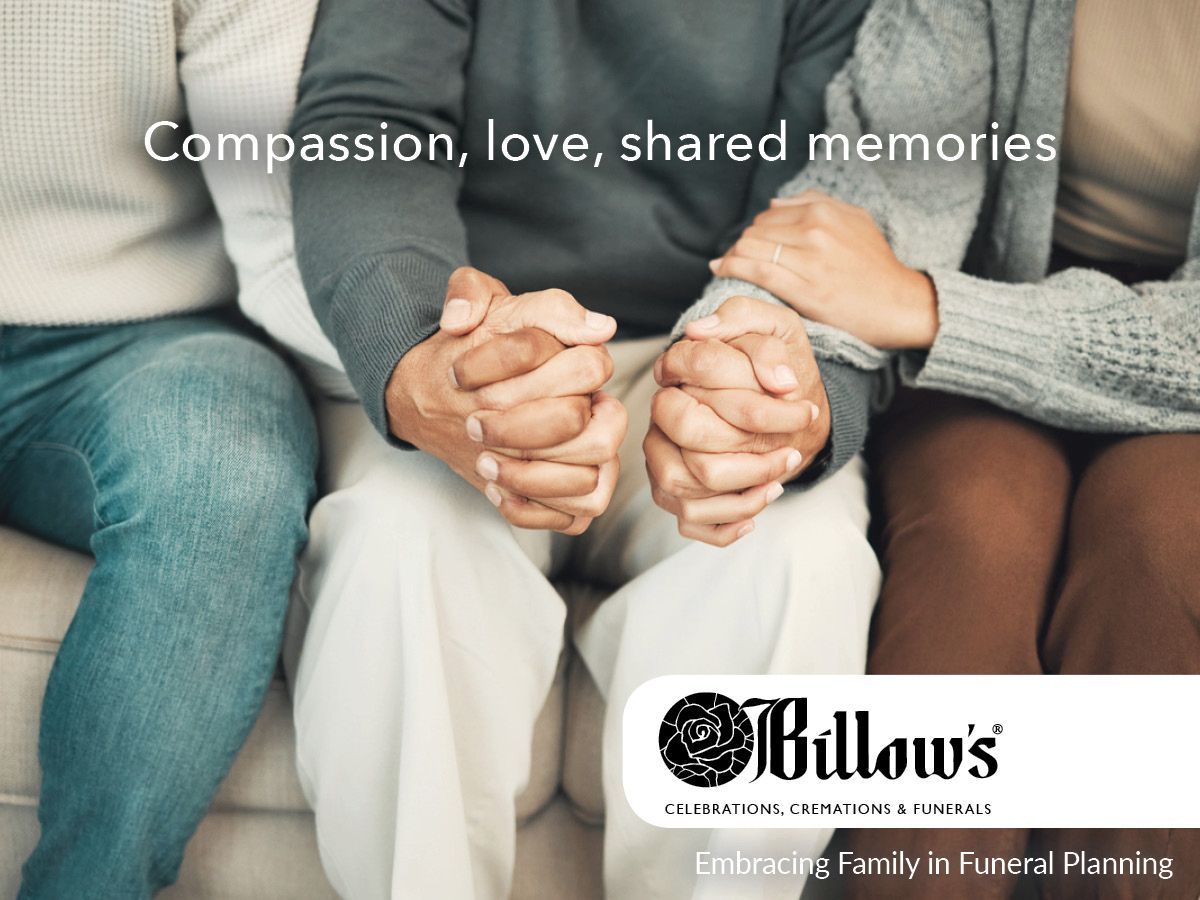What is Integrated Grief? Does it Last Forever?
Grief is a complex process that is more difficult to understand than many believe. It can also be more depleting than people expect. After losing someone close to you, you may have trouble going about your life. You may struggle to think about your loved one. Or, on the opposite end, you may have difficulty doing anything other than thinking about the person you’re missing.
But as time moves on, those feelings usually lessen, allowing you to reenter the world, still grieving, but in a lighter way. This is when integrated grief starts. But when does it end?
What is integrated grief?
When a loved one passes, a period of acute grief begins. For these first several months after the loss, a person feels intense symptoms that may derail their day-to-day life. Symptoms may include severe sadness, emotional distress, numbness or shock, lack of appetite, guilt, and trouble sleeping. All of these factors can make going about life difficult, but acute grief most often ends after those initial months after the loss conclude.
When acute grief ends, grief most often becomes integrated. Integrated grief is markedly different from acute grief in that it doesn’t affect everyday life. Integrated grief resides in the background. Essentially, you’re in a place where you’re coming to terms with your loss and able to function more similarly to how you did before the loss happened.
But that’s not to say that you don’t miss your loved one. Integrated grief is a very bittersweet feeling. Though you’re able to continue on with your life, you’ll still feel the heartache of not being with your loved one. During this stage of grieving, many people can reconnect with the memories of their loved ones. They’re able to think about their loved ones without the overwhelming emotions associated with acute grief.
How does grief become integrated?
It’s essential to understand that life will look different after a significant loss. There’s no returning completely back to how life was before your bereavement began. It can be challenging for many people to enter this new world, but as they move through acute grief, they do want to learn how to survive in their everyday life again. But those who are suffering from acute grief also can’t imagine a time when their grief isn’t dominating.
However, the reality is that most people naturally move from acute grief to integrated grief on their own through the passage of time. Although their first instincts after a loss may be to hold on to every reminder of their loved one or to not think about their loved one at all, they begin to recognize that they need a life in which they can balance living with connecting to their loved one’s memory. Grief changes who we are, from our priorities to what we envision our roles in life to be. During integrated grief, we acknowledge these changes and adapt.
How long does integrated grief last?
Although acute grief only lasts for the initial months after the loss, integrated grief is most often permanent. But that’s a good thing. This form of grief helps us to stay connected to the people we’ve lost and hold onto the things we loved about them.
During this time, we’re able to function again, but we also simply miss the people we’ve lost. Although they say time heals all wounds, that’s not entirely true. Time may lessen the severity of the pain we feel when we think about our loved one, but time cannot wholly remove the bittersweet emotions we may feel when we remember the people we love and how they affected us.
Acute grief may arise on certain occasions. That doesn’t mean that you’ve grieved improperly or that you haven’t come to terms with your loss. Specific triggers may simply be making you think more about your loved one and miss them more strongly than usual. Some common examples of when this recurrence might happen include during the holiday season, on your loved one’s birthday, or on the anniversary of a loved one’s passing.
What if my acute grief doesn’t turn into integrated grief?
Integrated grief should not interfere with your everyday life. If you’re still feeling a grief that’s overwhelming several months after your loss, you may have complicated grief. When grief doesn’t move from acute to integrated, complicated grief develops. With complicated grief, you’re continuing on with the debilitating emotions you felt with acute grief, but there’s no timeline of when those feelings might lessen.
In this case, you may end up with a diagnosis of prolonged grief disorder. This disorder arises when someone close to you has died within at least six months, or 12 months in the case of children and teenagers. The symptoms of prolonged grief disorder can prevent the sufferer from being able to resume daily life and continue normal relationships.
The development of treatment for prolonged grief disorder is ongoing, but some methods can be used to help someone with this disorder return to their everyday life. However, it’s better to try to prevent prolonged grief disorder than it is to treat it. It’s recommended to seek the help of a mental health professional shortly after a loss or when you know that a loss will soon come in order to help combat the emotions that may develop into complicated grief.
And even if you’ve moved through the mourning process in the typical way, from acute to integrated grief, it’s still a good idea to seek the help of a mental health professional. Although integrated grief shouldn’t be debilitating, learning to live with this permanent form of grief can still be challenging. Although time may lessen the pain of a loss, we’ll always miss the people we love. But it’s vital that we learn how to go on, just as our loved ones would have wanted us to.
